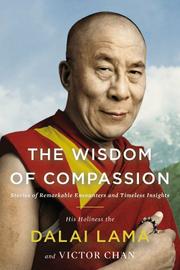Pearltrees. I know it’s not new or necessarily cutting-edge, but it’s a tool that I’ve been using (and loving) for several years and I thought it was worth a quick mention. I think sometimes we get so caught up in talking about what’s new, or what’s hot, that we forget about some of our old favorites.
If you’re not already familiar with it, Pearltrees is a visual collaboration tool that allows users to collect, organize and share any URL they find online (users can also share photos and notes via Pearltrees).
So why do I still love Pearltrees?
1. It’s so easy to use. By simply downloading the Pearltrees extension for Chrome or Firefox (for either a Mac or PC), all I need to do when I run across something I find interesting and useful is simply click to Pearl my content — an easy-t0-use drop down menu then allows me to select where I’ll place my Pearl (Some examples from my Pearltree include: Blogging, PR/media relations, Career Advice, etc) and voila!
2. Collaboration. Pearltrees allows users to search for content that others have pearled that may be of interest to them (example: PR and social media are two of my most-searched topics), and then gives me an opportunity to “team up” with users who consistently pearl content that I find interesting in an effort to further develop our common area of interest.
3. Integration with other social networks. It’s incredibly easy to share content that I’ve pearled with my other networks (although I predominately share my content exclusively via Twitter).
4. It’s visual — and easy to navigate. I’m an incredibly visual person. I use other tools to keep track of content that I like, but this is by far the easiest to navigate (and it’s pretty slick looking, too! ha!). Here’s a screenshot of my tree…
What are some of your favorite tools (new or old) and why do you love them so much?


